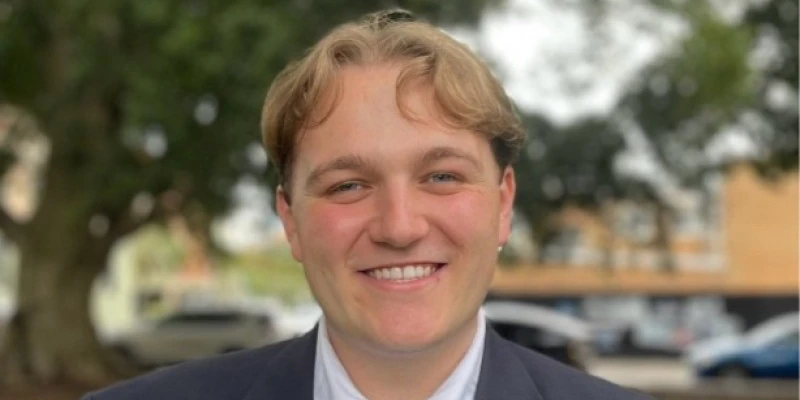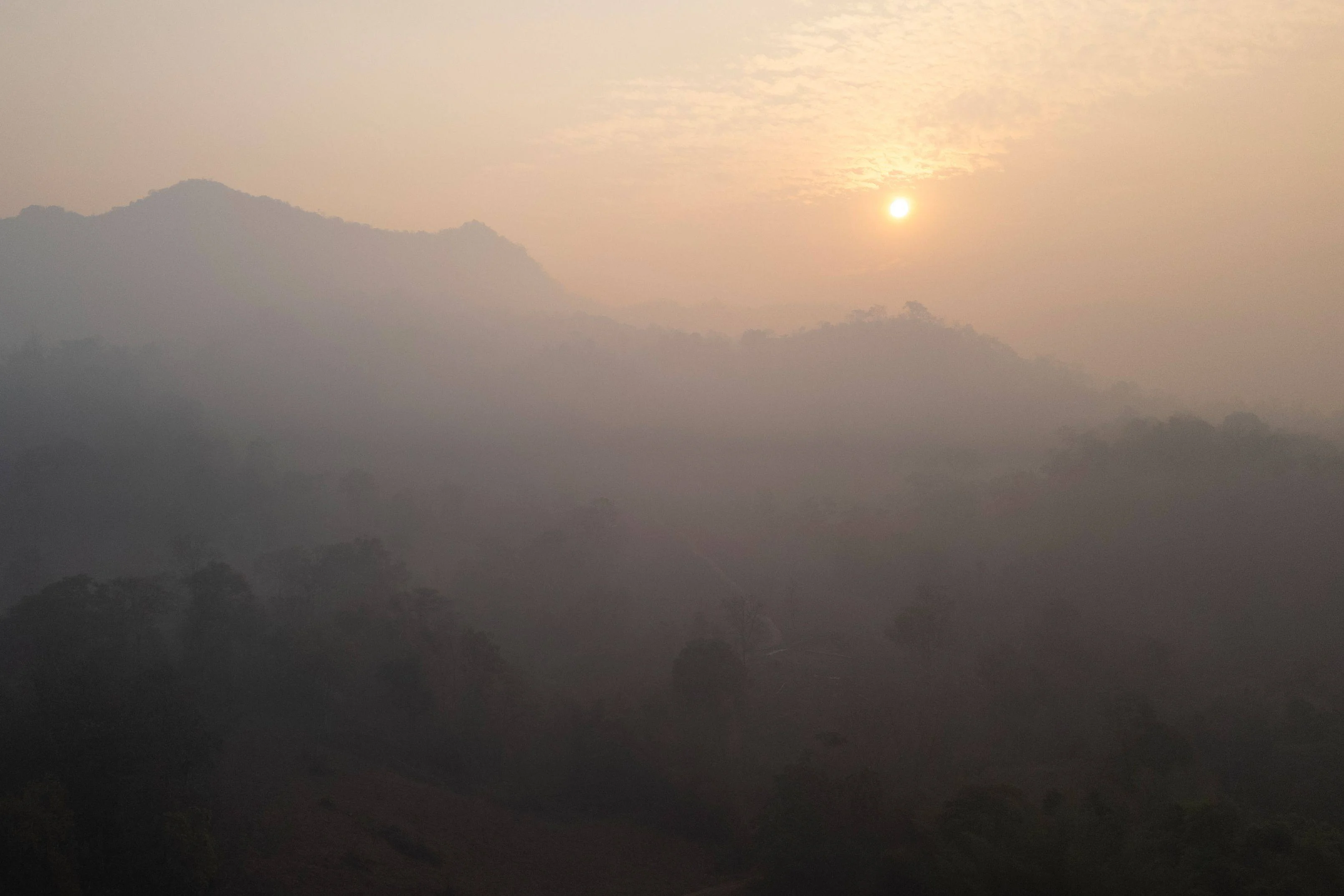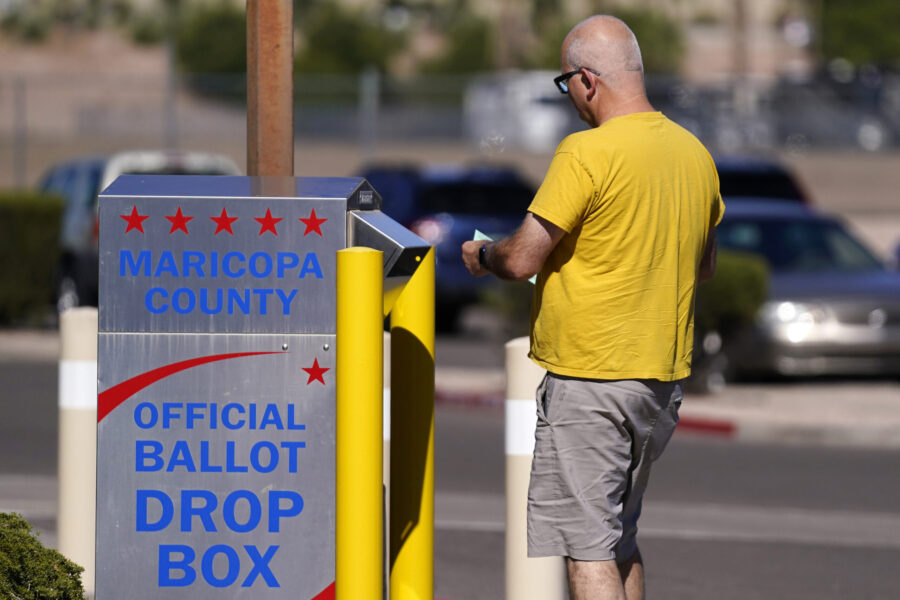Copyright Watts Up With That

Essay by Eric Worrall “Australia needs a national Human Rights Act to address the human rights impacts of climate change … but this will only be successful if policymakers listen to … queer people” Queering a Human Rights-Based Approach to Climate Change in Australia Ryan Vowles The Australian Government should implement a national human rights framework, including a queered Human Rights Act. Australia needs a national Human Rights Act to address the human rights impacts of climate change and to hold the State accountable for its contributions, but this will only be successful if policymakers listen to the lived experiences of queer people, and everyone else who has been deemed non-human by international human rights law. A Human Rights Act that is created in partnership with stakeholders that have historically been excluded or subjugated by legal institutions would be a radical departure from Australia’s current approach to policy, but this is exactly what is required of climate justice. This recommendation is supported by four underlying principles: participatory policy design, destabilising dominant knowledge systems, intersectionality, and urgent climate action. Positionality Statement Ryan Vowles (they/them) was born on the stolen lands of the Awabakal people as a descendant of British settlers. They recently graduated with a Bachelor of Laws and a Bachelor of Development Studies from the University of Newcastle and are aware how these disciplines are being used as tools of colonisation against First Nations peoples. Ryan is also especially conscious of the ways that settler colonialism and capitalist development are contributing to climate change in Australia. … Additionally, as a queer person in Australia, homophobia and transphobia have been present in Ryan’s life for as long as they can remember. They acknowledge that these same systems of oppression have also provided them with unearned privilege, and this has decreased their own vulnerability to climate harm. From this perspective, Ryan is interested in using their privilege to challenge harmful assumptions and produce practical solutions. Through a deep understanding of how their own liberation is intertwined with every other struggle for freedom, Ryan is committed to the ongoing process of decolonising their research so that their work is more intersectional. Crucially, Ryan recognises that oppression takes many different forms. At times, this report may be limited by its author’s incomplete understanding of the diversity of queer knowledges and lived experiences. … An option for legal reform is to grant legal rights to the environment itself. Rights of nature, or environmental rights, recognise that ecosystems are not solely the property of humans. Rather, a rights of nature approach understands that ecosystems are rights-holders with intrinsic value, regardless of their relationship to human beings. … Read more: https://www.newcastle.edu.au/research/centre/law-and-social-justice/research/social-justice-student-projects/student-projects/queering-a-human-rights-based-approach-to-climate-change-in-australia Ryan Vowles, whose report is hosted in the University of Newcastle website, identifies as a first year law student at the University of Newcastle. What can we conclude from this report? If you send your kids to the University of Newcastle, there is a chance that if they ever return to see you they’ll talk about being liberated, and use words like “intersectionality” while they accuse you of “unearned privilege” and being a part of the oppressive capitalist system. They may also try to explain in detail why a native fruit tree growing in the wilderness should have comparable rights to a human being. 0 0 votes Article Rating Like this: Like Loading... Discover more from Watts Up With That? Subscribe to get the latest posts sent to your email. Welcome to Watts Up With That, one of the most well-known climate blogs! We gather the latest scientific research, news, and expert opinion to help you understand how our planet is changing and what implications it may have for humanity. Our approach is based on facts, objective analysis, and open discussions about one of the most critical issues of our time. Watts up with that climate and what changes await us – let’s figure it out together! Watts Up With That covers a wide range of topics related to climate change and its impact on the world. Here’s what’s important to us: Global warming – its causes, consequences, and future forecasts. Analysis of current climate research and its findings. Climate change news. Extreme weather events – hurricanes, droughts, floods, and their connection to climate change. The impact of different energy sources on the environment and the development of sustainable technologies. Political and economic aspects and how states and international organizations respond to climate change.



